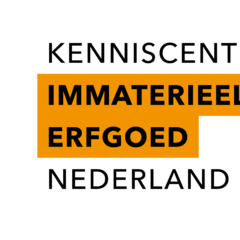Hanukkah is a Jewish holiday, the Feast of Dedication, also known as the Festival of Lights. The exact dates of Hanukkah depend on the Hebrew Calendar, but it is always during the dark winter period of the year. The first day of the holiday, that lasts eight days, begins after sunset of the 24th day of the Hebrew month of Kislev, which is end of November, beginning of December. At this celebration the (olive) oil lamps in the hanukiah, the candelabrum with 8 + 1 branches, are lit with songs, with blessings said, with eating delicacies, connected with Hanukkah, and playing with the dreidel, a little spinning top with Hebrew letters on the sides. This refers to the Syrian occupation: students retreated into a cave, because their theological study was forbidden by the occupant. If they were threatened to be caught, the dreidel was used to suggest that they were merely playing an innocent game.



